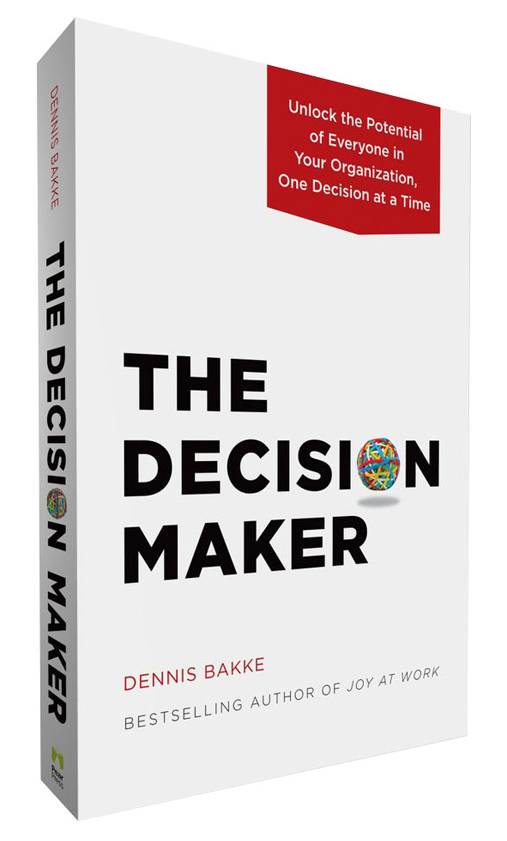Frankly the biggest problem in the workplace today is that leaders still make all the significant decisions. People who are not in leadership roles are given very few opportunities to make impactful decisions. This can rob people of the chance to be fully engaged in their work and contribute to the organization by providing their unique knowledge and expertise.
When you allow your peers and employees to be creative, to use their unique strengths, they will get more out of their work lives and you will get more from them. I wanted to share my experience, the lessons I have learned, with other leaders in the hope that they will reap the benefits I discovered when I empowered the people that worked for me with the power to make impactful decisions.
The importance of decision making comes down to the very fundamental nature of human beings. We are created with the ability to think, reason, make decisions and hold ourselves accountable. The only way we can really experience our humanness is to be able to do that. As adults, we all make decisions in our everyday lives; in our relationships, in our homes, with our free time, and yet in the workplace so many of us our relegated back to following instruction rather than using our decision making skills. Creating an environment that pushes decision-making down to the people closest to the action is best for the organization, and it’s even more important for the individuals that make up that organization.
I think it is a phony when people say they don’t want to spread decision making around because it’s risky. It is not more risky than when the leaders make the decisions, not if it is done the way I have outlined in The Decision Maker. If someone is making a decision in this way, then they are seeking out the advice and counsel of others – not just their peers, but senior leaders too. When someone is knowledgeable in the area they are leading the decision making on, and they take ownership and seek out advice from multiple sources, they are just as likely, perhaps even more so, to make a good decision – as much as any leader would. And, yes people make mistakes and they make poor decisions, but that is true for leaders and executives too.
A fable allows the reader to enter into the story and focus on the lessons and experiences that unfold throughout the book without getting mired by their personal feelings for any actual existing companies or brands. The goal of The Decision Maker as a fable is to create situations and characters that we can relate to without focusing on the particulars of any one actual organization.
The case study method is used by MBA programs around the world. I had the opportunity to do this hundreds of times when I was at Harvard Business School. It’s the best way to learn because it puts you in the role of the decision maker. Real-life decisions are more important – and more fun – than any case study. The Decision Maker book is about how to create a culture where everyone gets an on-the-job MBA education.
If you’re not the leader of an organization it will be more difficult to make changes, but you can do it. The truth is it is challenging for anyone – including a leader – to change the way decisions are made, and to veer from an existing way of doing things within an organization.
If you manage a team, a division or a department, you can still employ The Decision Maker model on your team. Your peers may choose to not operate that way in their teams, they may even think the idea is silly, but ultimately if your team continues to succeed and produce then you won’t get pushback and you can use the principles to empower those you work closely with.
Nordstrom gives decision-making power to their sales people on the front lines. They have the power to accept returns and do whatever is best for the customer in the moment without always having to escalate decisions up to management. In a few GE plants, line workers can shut down the assembly line without approval from their boss. Even the U.S. Military is starting to decentralize and push down decision-making. In a recent Fast Company interview, General Stanley McChrystal said, “Instead of decisions being made by people who were more senior—the assumption that senior meant wiser—we found that the wisest decisions were usually made by those closest to the problem.”


